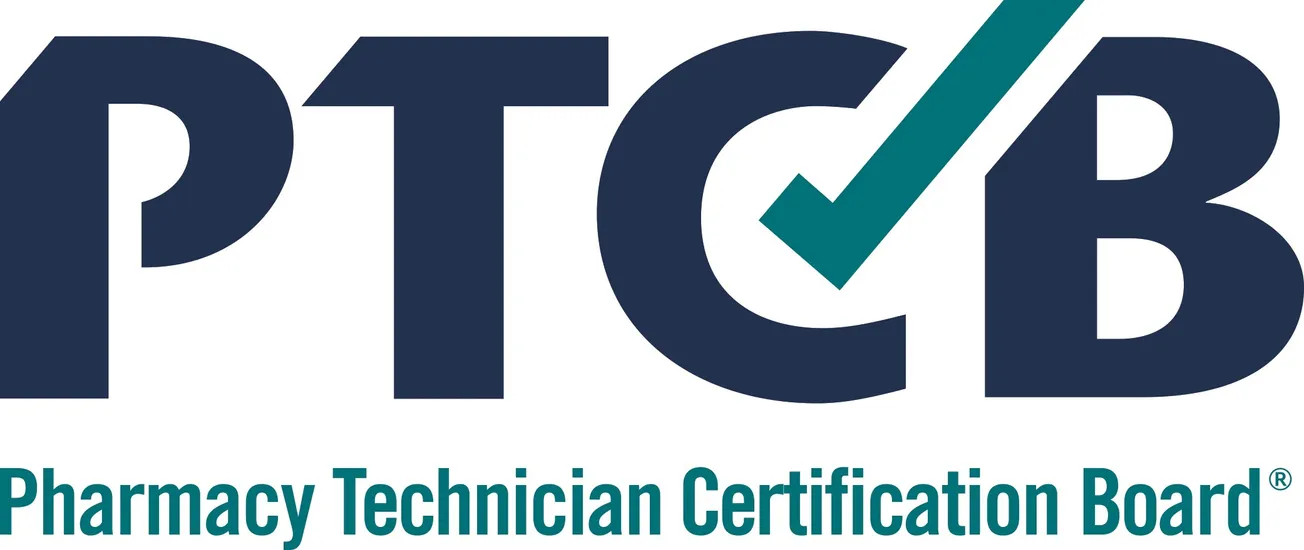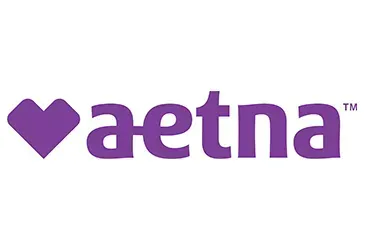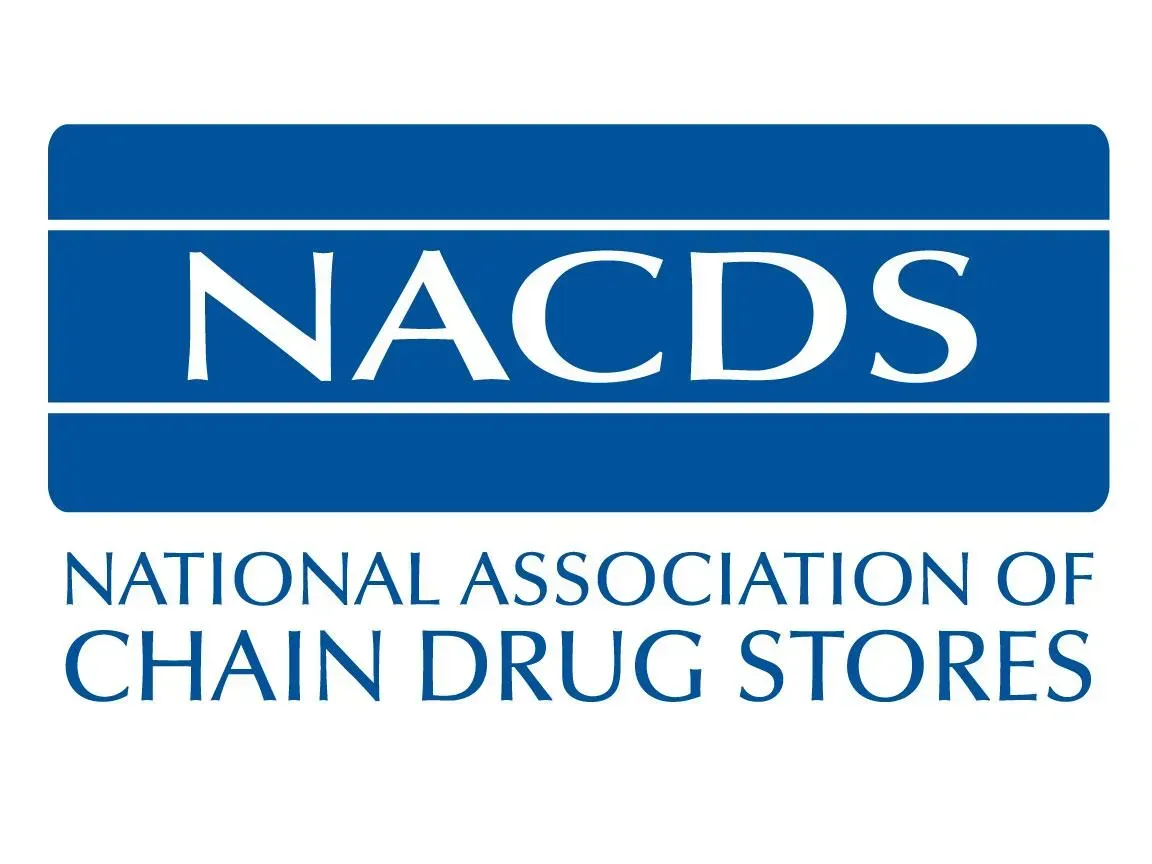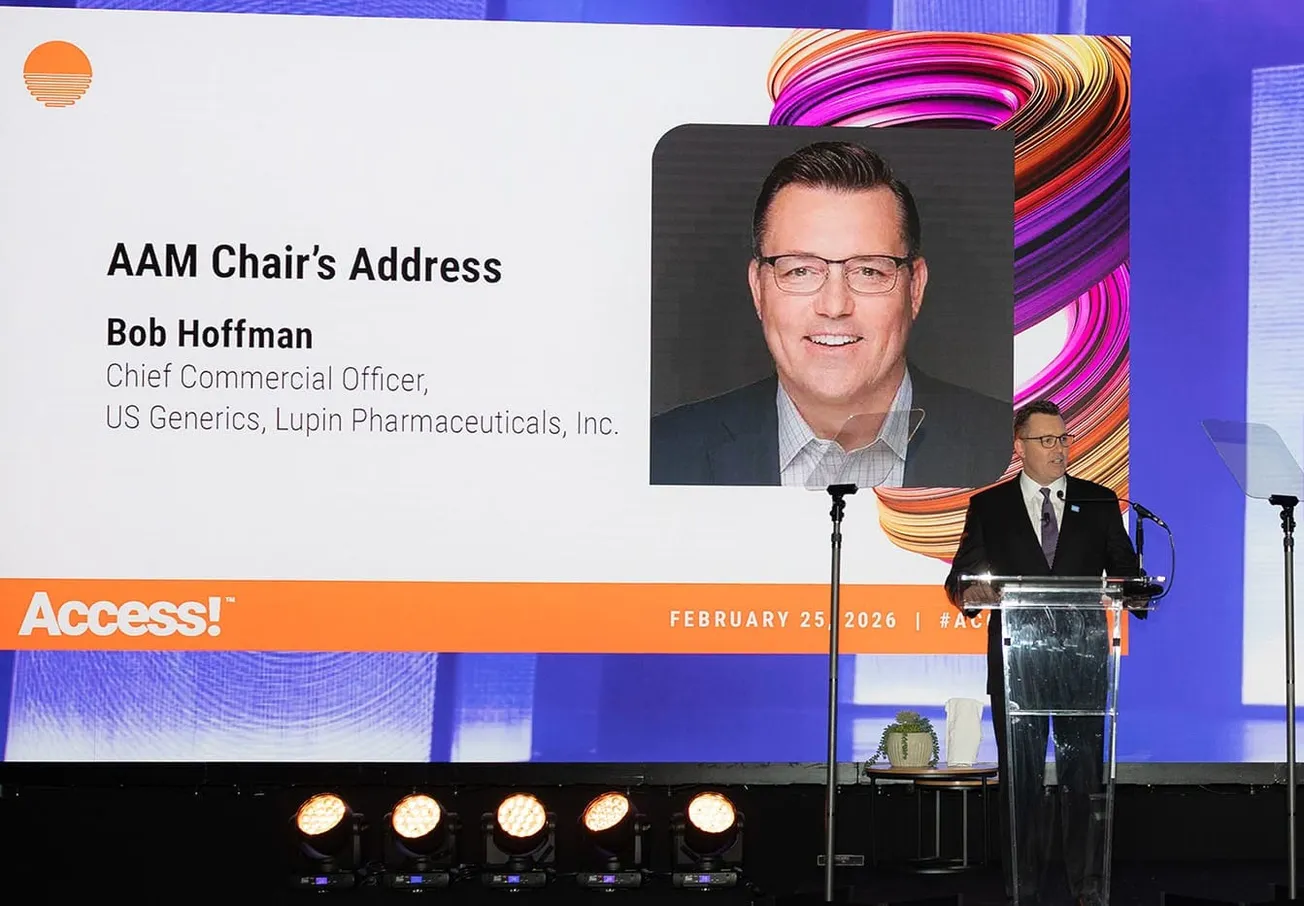WASHINGTON — As pharmacy technicians assume more expanded roles in pharmacy, the Pharmacy Technician Certification Board (PTCB), the nation’s leading credentialing body for pharmacy technicians, launches advanced Assessment-Based Certificate Programs in two specialty areas: Technician Product Verification (TPV) and Medication History. The programs recognize advanced knowledge in specific pharmacy roles and are part of PTCB’s expansion of credential offerings with plans to release three more certificate programs, and an Advanced Certified Pharmacy Technician (CPhT-Adv) credential, by late 2020.
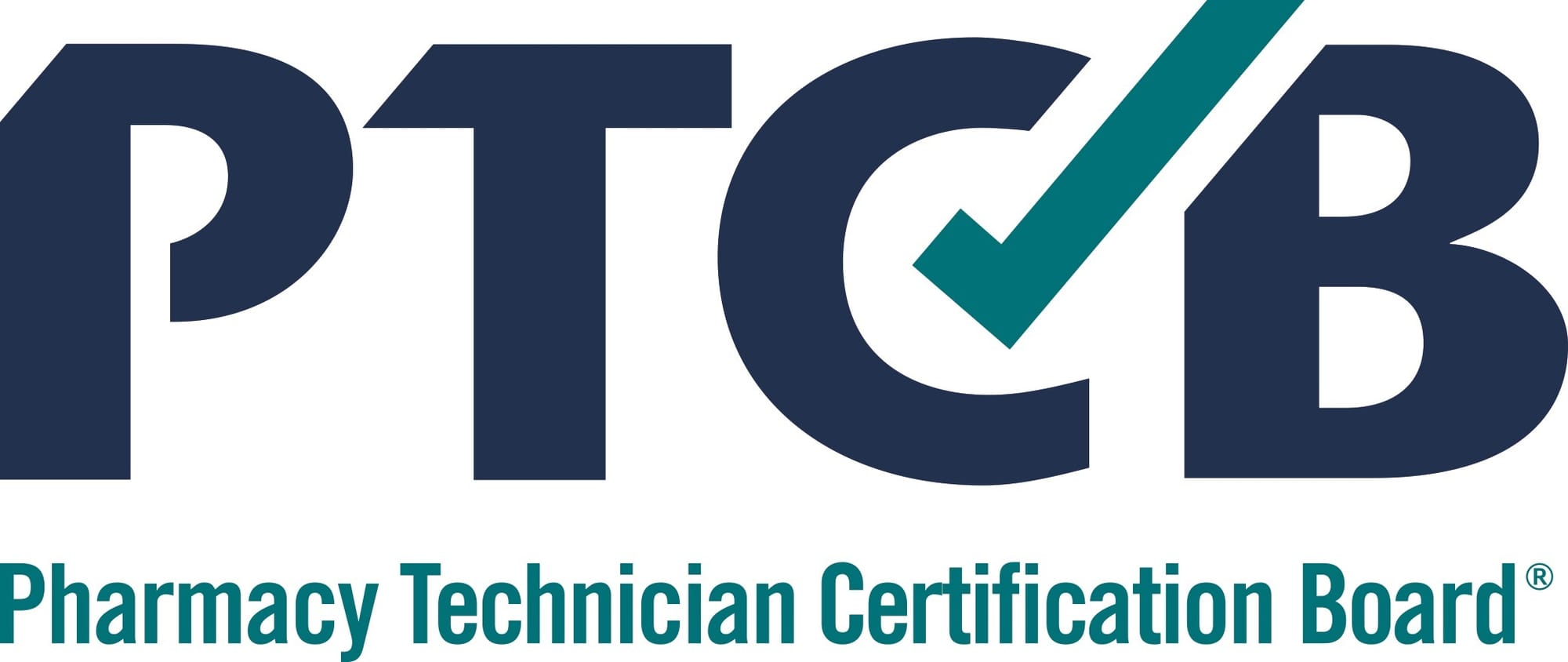
“We received stakeholder input from the pharmacy community that motivated us to develop specialized and advanced credentials to allow Certified Pharmacy Technicians to demonstrate their knowledge and skills in certain areas of practice,” said William Schimmel, PTCB executive director and chief executive officer. “Qualified pharmacy technicians play a critical role in medication safety in every aspect of pharmacy care across all practice settings. Recognizing them for their advanced responsibilities rewards their dedication to patient care, improves efficiency, and reinforces safe medication practices.”
Technicians who earn the TPV Certificate demonstrate the knowledge and skill necessary to perform the final check of medications dispensed by pharmacists, technicians, or automated systems to confirm accuracy of the product name, strength, and quantity, and the integrity of packaging, expiration date, and other characteristics. Multiple studies, including research from the University of Tennessee*, show technician verification is as accurate or more accurate than the same work done by pharmacists, and can improve efficiency and advance patient care. Candidates for the PTCB TPV Exam must be PTCB Certified Pharmacy Technicians (CPhTs) who have completed either a PTCB-Recognized TPV Education/Training Program or a state board of pharmacy-approved validation program.
“We know technicians do excellent work in product verification based on data, and they are already conducting TPV in states across the country,” said David Bright, PharmD, MBA, BCACP, Associate Professor, Department of Pharmaceutical Sciences at Ferris State University College of Pharmacy, Big Rapids, MI, and Immediate-Past President of PTCB’s Certification Council. “When qualified technicians handle final checks of medications, the pharmacy team can become more efficient and pharmacists can focus on direct patient care to a greater degree.”
The Medication History Certificate Program assesses a technician’s knowledge of medication history procedures, medical terminology, error types — such as abnormal doses — and patient safety strategies. By completing the program, technicians demonstrate they can conduct accurate in-depth reviews of patient histories and identify potential errors. To be eligible to take PTCB’s Medication History Exam, a CPhT must complete a PTCB-Recognized Medication History Education/Training Program along with 6 months of relevant work experience, or have one year of experience.
Miranda Peek, CPhT, is Hospital Pharmacy Clinical Manager for Gundersen Health System in La Crosse, WI. “The scope of pharmacy technician responsibilities continues to expand and PTCB’s new credentials provide great opportunities for technicians to function at a higher level of practice,” Peek said. “Earning the certificates is a way for me and other CPhTs to advance professionally and build our careers, and the achievement will enhance our entire team’s focus on safety.”
Meghan D. Swarthout, PharmD, MBA, BCPS, Division Director of Ambulatory and Care Transitions in the Department of Pharmacy at The Johns Hopkins Health System noted that PTCB’s certificate programs can serve as tools for employers to build their pharmacy teams with confidence. “The new programs support technician career pathways, and recognize technicians for their important work,” said Swarthout. “Recognition motivates pharmacy team members to remain committed to excellence in patient safety. The new certificates are a way employers can identify and attract the most qualified, dedicated, and career-oriented technicians.”
PTCB plans to launch its Hazardous Drug Management Certificate Program in late 2019, followed by certificate programs in Controlled Substance Diversion Prevention and Billing and Reimbursement in 2020, for a total of five new certificates. Active PTCB CPhTs who have completed at least four certificate programs, including TPV and/or Medication History, or three certificate programs and PTCB’s Compounded Sterile Preparation Technician® (CSPT®) Certification, and 3 years of work experience, will be eligible to earn a CPhT-Adv in the future.
Technicians can apply for the new certificate programs at ptcb.org/tpv or ptcb.org/medhistory.

